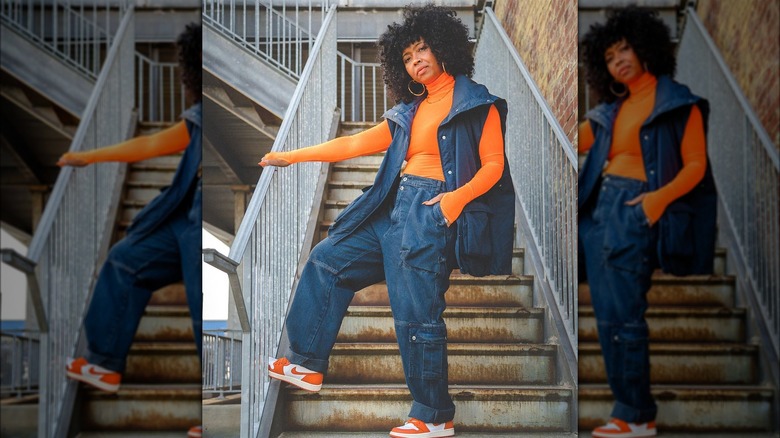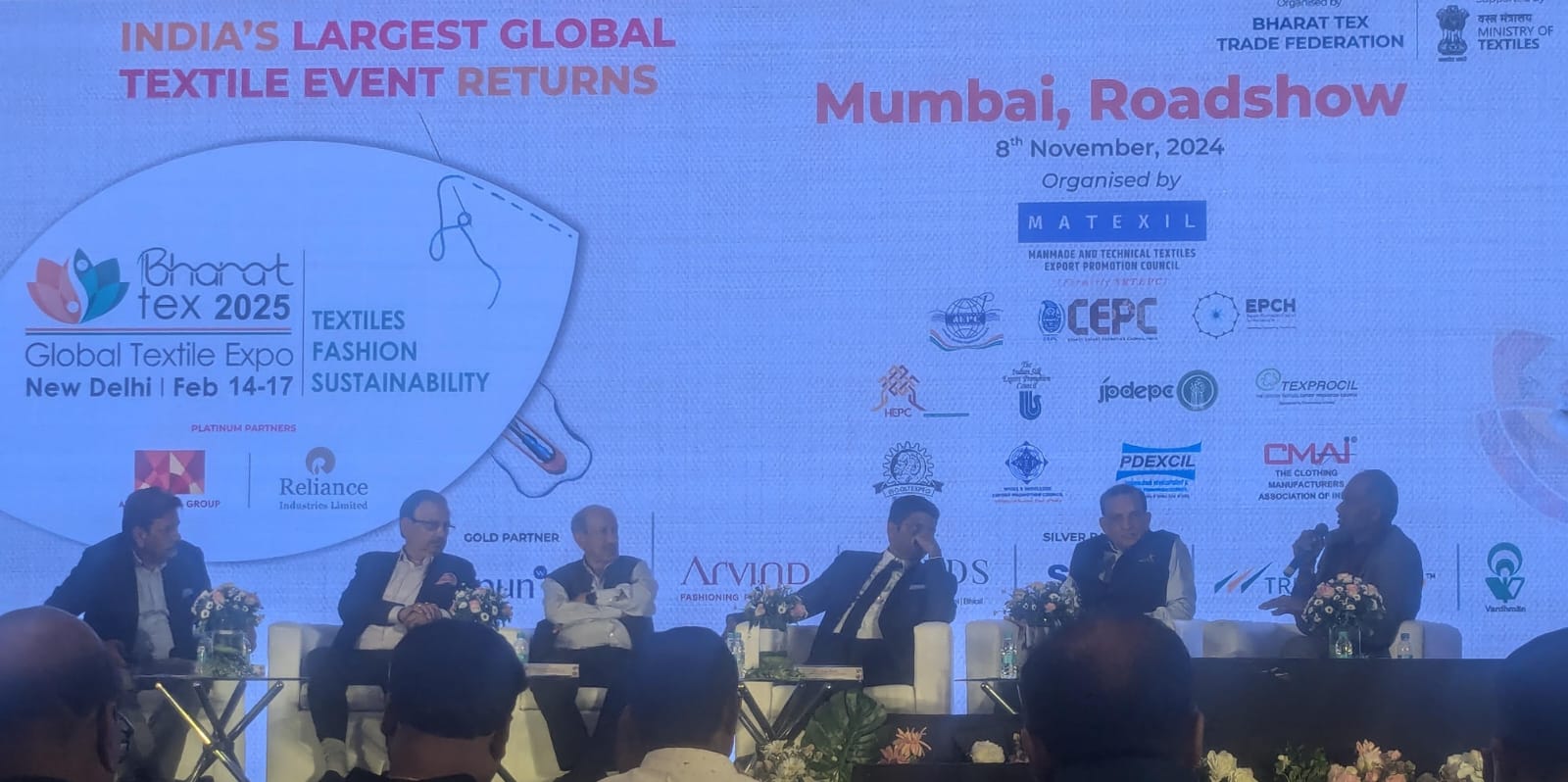Less than 4 per cent of the designers participating in London Fashion Week (LFW) have published emissions reduction targets, as against 44 per cent of UK companies with such goals, reveals a report by ethical non-profit Collective Fashion Justice.
According to the report, only 3.4 per cent of the British Fashion Council members have aligned their emissions targets with the Paris Agreement.
With prominent brands like Yoox, Net-a-Porter, and Savile Row as members, the British Fashion Council advises on key issues in the British fashion industry. Yet, only five brands—Burberry, Mulberry, Margaret Howell, Rixo, and Kyle Ho—have set science-based targets in line with the Paris Agreement.
Fashion Revolution, another non-profit advocating for industry reform, reports, 58 per cent of the world’s 250 largest fashion brands show no clear progress on climate targets, indicating that the issue extends beyond fast fashion. Despite the fashion industry being responsible for an estimated 10 per cent of global carbon emissions, reform has been slow. Emma Håkansson, Founder of CFJ, points out, the industry prioritises profit and business-as-usual over climate action.
Håkanssonemphasises, the industry needs to take urgent action against fossil fuel-based and animal-derived materials like leather and wool, due to their high methane footprint. However, disinformation about their environmental impact hinders progress.
Employing 800,000 people and contributing £26 billion to the economy, the UK fashion industry faces few incentives to tackle the climate crisis. Aja Barber, Author, Consumed, calls for greater accountability, suggesting tax cuts for brands that meet their climate goals.












